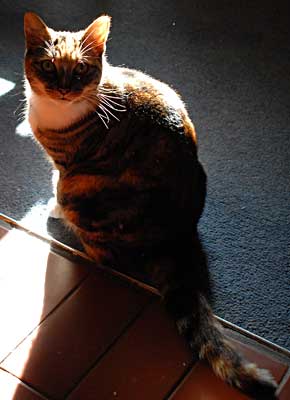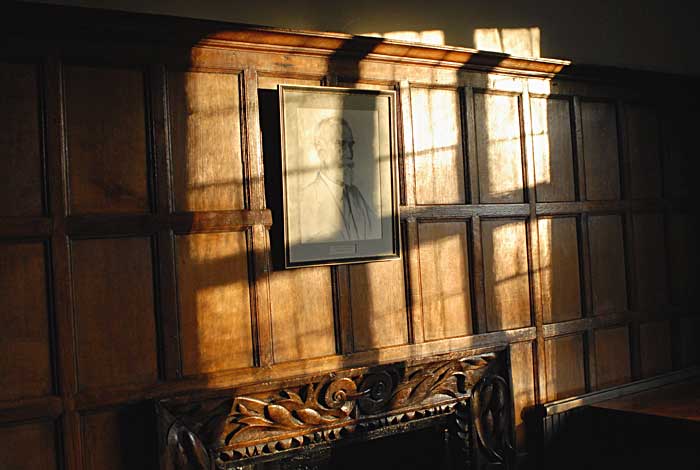From a New York Times report…
In a weeklong bench trial in Federal District Court in Manhattan that ended last Tuesday, lawyers for Tiffany & Company argued that the online auction house was far more than that: it is a distribution network that enables the trading of counterfeit Tiffany items.
If Tiffany wins its case, not only could other lawsuits follow, but eBay’s business model could be threatened because it would be difficult and extremely expensive for the company, based in San Jose, Calif., to police a site that now has 248 million registered users worldwide and approximately 102 million items for sale at any one time.
Tiffany has requested injunctive relief that would require eBay to alter its procedures to eliminate counterfeit silver Tiffany merchandise from its auctions. Judge Richard Sullivan instructed both sides to file post-trial briefs by Dec. 7.
“I will hopefully turn this around quite quickly after that,” he told the lawyers.
Hani Durzy, an eBay spokesman, said eBay was not responsible for determining whether each product sold on the site was fake.
“As a marketplace, we never take possession of any of the goods sold on the site, so it would be impossible for us to solely determine the authenticity of an item,” Mr. Durzy said. “And we go above and beyond what the law requires us to do to keep counterfeits off the site.”
But in his closing argument last Tuesday, James B. Swire, the lawyer for Tiffany, told Judge Sullivan that eBay directly advertised the sale of Tiffany jewelry on its home page, and “because eBay profits from the sales generated by these and other actions,” Tiffany considers its actions direct copyright infringement.
Mr. Swire added that “there’s certainly much in the record to show that eBay is liable for contributory infringement.”


